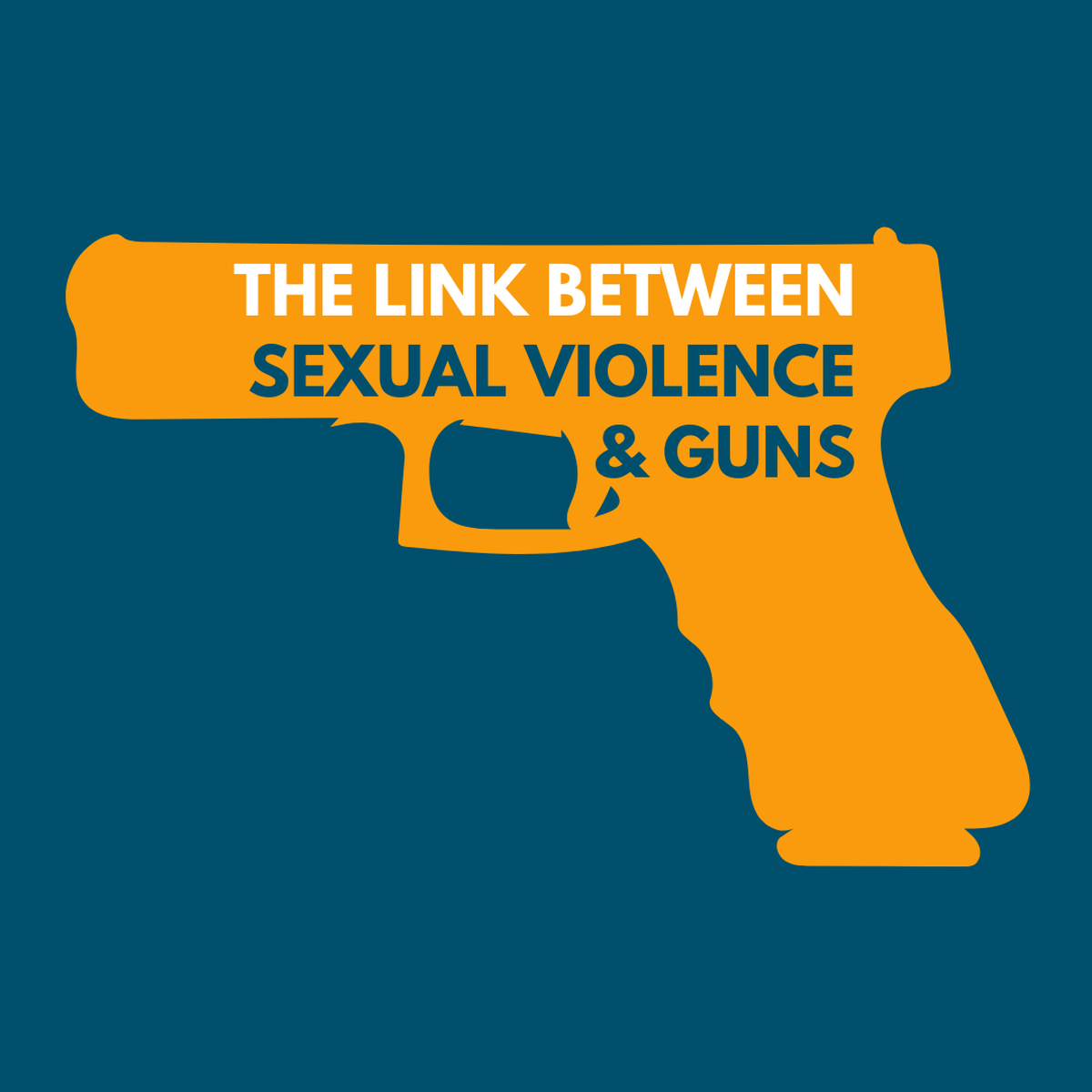Guns and sexual violence: What’s the big deal?

When confronted with something that challenges our understanding of what is right and good, it’s easy to respond defensively.
Unfortunately, the topic of sexual violence is one such issue where misunderstanding and misconception can lead to victim blaming. Suggesting a variety of changes the victim could or should have made (arming themselves with a gun, wearing different clothing, etc.) after the fact doesn’t prevent violence and is not a viable solution to it.
In fact, arguments like those are erroneous because there are no activities, choices, or behaviors for which sexual assault is a natural or usual consequence. The notion that gun ownership increases survivor safety is not supported by any credible research. In fact, research indicates quite the opposite is true.
Working with thousands of Spokane-area crime victims each year, we at LCS Northwest know that both threats of and direct gun violence are inextricably linked to the power and control abusers use to victimize others.
Most research, both nationally and regionally, also links gun violence to intimate partner violence (IPV) in this way. Abusers often use weapons to threaten or intimidate victims into compliance in order to execute their will or keep victims from disclosing their abuse.
Although less research is available for these populations, LCS also supports survivors that fall outside the IPV umbrella (family, friends, neighbors, or roommates), many of whom have experienced threats of or direct gun violence to control them in situations of domestic violence or sexual assault.
The reality of violence in society is more complex than we may imagine. For survivors having experienced Post Traumatic Stress Disorder (PTSD), lasting-effects of trauma on the mind and body can force them to relive experiences through unanticipated triggering events, smells, sights, sounds, etc.
Because violence can also be based on gender, race, age (children or those later in life), disability, sexuality, socio-economic status, etc., it’s important to recognize the potential for intersectionality among these factors and work to understand how victim experiences shape their access to resources. Oftentimes, people assume supports are a viable option, accessible to anyone needing them. In reality, this may not be true for a variety of reasons.
There are local measures in place to assist people experiencing abuse, primarily from their intimate partner (where most, but not all, threats or use of gun violence are used).
One such tool is the Lethality Assessment Protocol, a series of questions law enforcement ask to identify victims and assess the level of lethal risk they may be facing. While this tool can be helpful, it is not a fix-all or final solution that ensures victim safety.
Often, victims experiencing non-intimate partner violence such as human trafficking or abuse from a neighbor, friend, or family, are not taken seriously or even recognized as victims in need of court intervention because their circumstances are less-often discussed and not as well-understood.
So, how do we begin to solve this issue? We start by believing people that disclose their victimization. Not only is this a trauma-informed approach, it has a significant impact on whether or not victims will feel safe enough to disclose in the first place and will eventually seek justice or restorative means. When we start by believing, the healing process can begin.
Believe Survivors. Hold Offenders Accountable.
Break the Silence. Educate yourself and Speak Out.
October is National Domestic Violence Awareness Month in which organizations throughout the Spokane area and across the country will bring greater awareness to domestic violence and its effect on millions of people, both women and men, members of the LGBTQ+ community, people of every age, race, religion, culture and status. It’s complex, multifaceted and is often hidden from public view.
It’s not just punches and black eyes but yelling, humiliation, stalking, manipulation, coercion, threats and isolation. It’s stealing a paycheck and critical benefits, keeping tabs online, non-step texting, non-consensual sharing of intimate images and making someone believe they are unworthy, unlovable and dependent on their abuser.
At LCS Northwest, we dedicate ourselves to breaking the cycle of abuse. Won’t you join us? Follow us on social media for DV Awareness activities taking place this month.
LCSNW Crime Victim Support Line: (509) 747-8224
LCSNW 24/7 Sexual Assault Support Line: (509) 624-7273
Text available during business hours